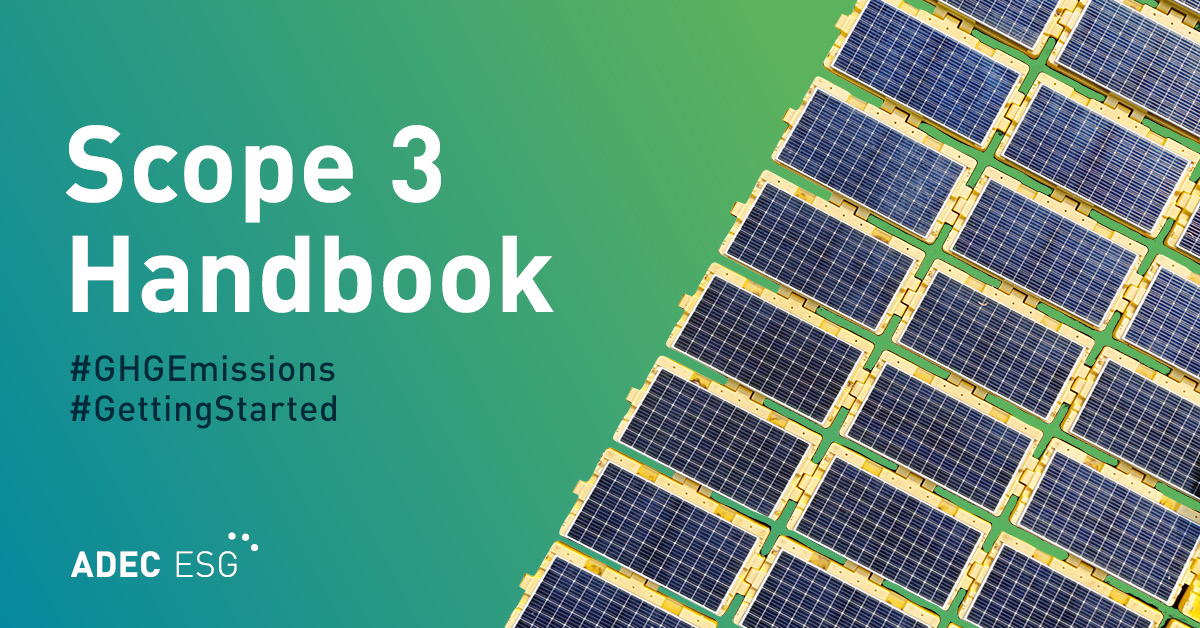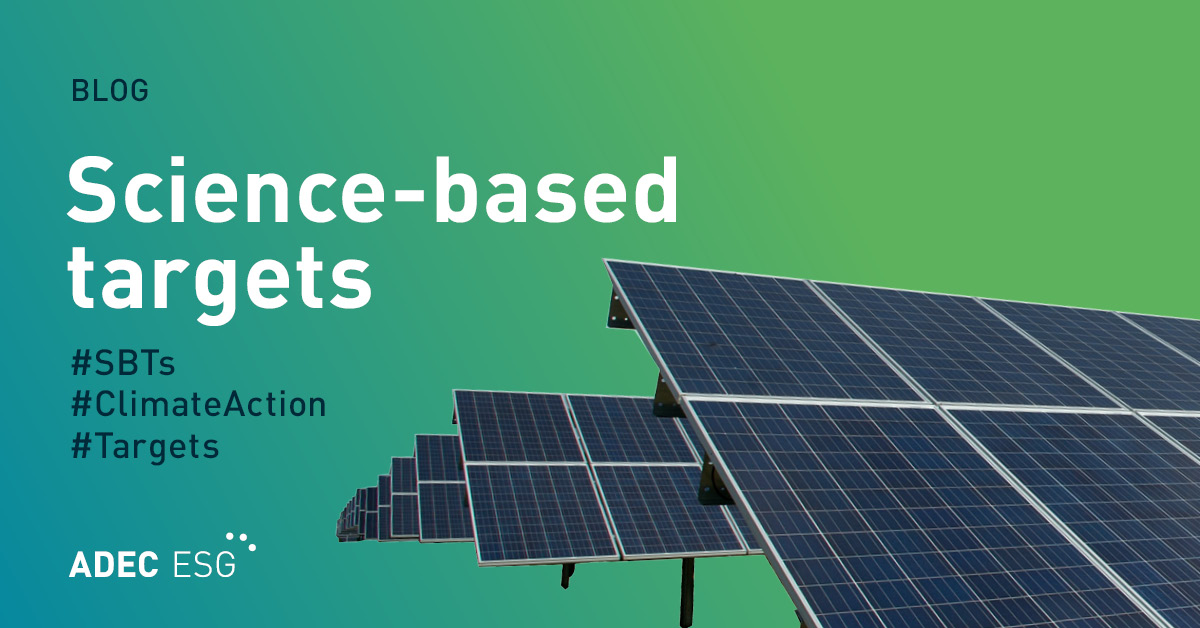Adopted by representatives of 195 countries at the 21st Conference of the Parties (COP21) in 2015 and signed in New York in 2016, the Paris Agreement set the universal goal of keeping the rate of global temperature rise this century less than 2°C above pre-industrial times. A key factor in achieving this goal is reducing and eliminating greenhouse gas (GHG) emissions. The Paris Agreement’s goal will require deliberate and strategic action on an international level, in addition to solid commitment from countries and corporations. Effective global strategies and plans to reduce GHG emissions will require a clear understanding of the quantities of GHG emissions to be reduced on an ‘organization-by-organization’ basis.
According to CDP’s Carbon Majors Report 2017, 71 percent of the world’s GHG emissions since 1988 have been generated by just 100 firms. Twenty-five corporate and state-owned entities are responsible for almost 51 percent of global GHG emissions. Roughly 32 percent come from public investor-owned companies, and an estimated 9 percent are from private investor-owned companies. About 59 percent of the emissions are the product of state-owned entities. An effective way to revert this scenario is by setting science-based targets.
Science-based targets (SBTs) are targets adopted by companies to reduce GHG emissions that are in line with the level of decarbonization required to keep global temperature increase below 2°C compared to pre-industrial temperatures. As a major contributor to global warming, the business sector must work hard to help reduce global GHG emissions.
What Are the Steps to Setting Science-Based Targets?
Companies can set up science-based targets by going through these steps:
- Fill out, sign and submit the commitment letter provided by the Science Based Targets initiative
- Develop a target
- Submit target for validation
- Announce the target
Barriers to the Adoption of Science-Based Targets
Companies planning to adopt science-based targets need to be aware of the challenges that they may face so they can be better prepared to address them:
- Potential conflict between profit and sustainability
- Financial, technological and policy limitations
Additional benefits associated with precise GHG emission reduction strategies using science-based targets include more sustainable operations, a healthier bottom line, improved corporate sustainability reporting performance and enhanced corporate reputation.
In addition to addressing global warning, science-based targets can benefit businesses in several ways:
- Spur innovation
- Boost competitiveness and cut costs
- Improve corporate reputation
- Comply with and participate in public policy
Science-Based Targets: Driving Action towards Meeting the Paris Agreement’s Goals
The Paris Agreement, its subsequent policies and current country pledges require additional measures in order to achieve the 2°C goal. Meaningfully reducing global GHG emissions requires deliberate and strategic action in addition to secure solid commitment from both corporate and state-owned entities. Access to science-based targets and climate change disclosure is readily available and effective. The call for action is now.
ADEC ESG supports global companies as they work to meet their sustainability goals. Learn more about how we can help your organization set, validate, and achieve science-based targets here. To stay current on global sustainability issues, subscribe to our monthly newsletter, GreenWatch.




